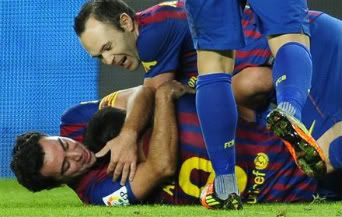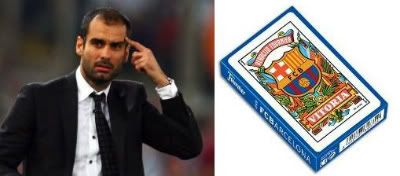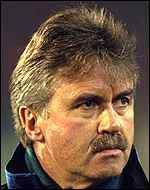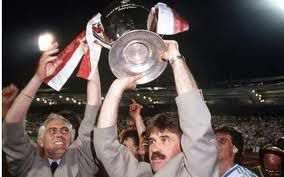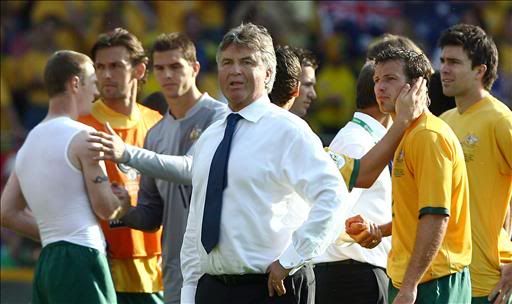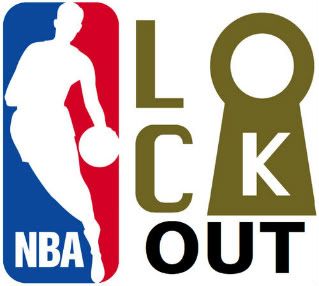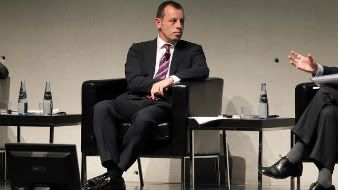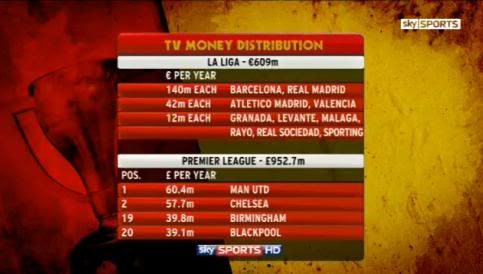Yesterday’s Barça victory over Rayo helped ease the pain or disappointment of last weekend’s loss away to Getafe. Barça were three points behind Real Madrid and had not suffered a loss until the Getafe game. Suddenly, they were six points behind the enemy, and El Clasico was only a few weeks away. Of course, there were some fans that were angry and thought the season was over and many fans who didn’t give up on their team. I was more on the fence but didn’t give up hope yet.
Yes, we were all outraged. Getafe? They lost away to Getafe. Are you kidding me? Getafe’s manager, Luis Garcia managed to do something that Mourinho could not do in three tries; Win a game in Madrid. Barcelona were denied a legit goal that would have ended the game in a draw but unfortunately, they are lost and are six points behind Real Madrid. Sadly, the writing was on the wall. Barça have been poor away from the Camp Nou all season and have either won games 1-0 or played to a couple of 2-2 draws. That’s quite a contrast to last season when they won their first six away matches.
Barça’s victory yesterday though helped them narrow the gap back to three points, albeit the game was brought forward because of their participation in the upcoming FIFA Club World Cup that will be held in Japan next month. The big game against Real Madrid is now vital. A win means the teams are temporarily tied atop of the standings till Madrid play their extra game. Thus, now it is not the time to throw in the towel. Guardiola knows things need to change away but he also needs to make sure the team is prepared for a brutal second half of the season.
Under Pep, Barça has dropped more points in the second half of the season. They once had a 12 point lead against Real Madrid shrink down to four under Pep’s first season and always seemed to be let Madrid catch up to them with the exception of last season. The pressure is now on them to make sure their second half of the season resembles the first half of last season. It won’t be easy with the December visit to Japan.
Nevertheless, we should not give up on the team or on the players even though some of them have been disappointing. David Villa needs to get more consistent and Pep needs to stop using defensive midfielders as center backs. Maybe the club needs to buy a player or two in the winter transfer market like they did last year when they bought Afellay. I still believe that they need to get a tall striker as an aerial threat and also a dependable center back since Guardiola clearly does not trust Fontàs. The tall striker would come in handy both offensively and defensively during corner kicks. Ibrahimovic might have been inconsistent in front of the goal but to his credit, he played a big role by nullifying a lot of the opponents’ corner kicks too.
After all, Getafe’s manager, Luis Garcia, said “Barça suffer at set pieces as they are not tall, except for Piqué and Busquets” two days before the game so maybe he is on to something. Going back to those epic Supercopa matches, it was obvious that Real Madrid were a constant threat on most of their corner kicks. I don’t think the club will look for bit tall players this winter but this might be an issue they will have to address in the future if their lack of height will expose them to other problems.
Now, I have always been a firm believer that it’s not how you start but how you finish. I also believe that the league title is always determined in the final five matches of the season. We are only in November and as my friend told me the other day; the league is never won in December or January. I agree with that statement, but it doesn’t help when you have a mountain to climb either by getting poor results away. Barça have started poorly but they have to dust themselves off and get back to work. Levante at home will not be an easy task but the match at Madrid will be vital and some might consider a must win game. Important thing for them is to take it one game at a time and we will see how things go. Hopefully, things turn out for the better for our beloved Barça after their unfortunate wakeup call against Getafe.
Visca Barça!
